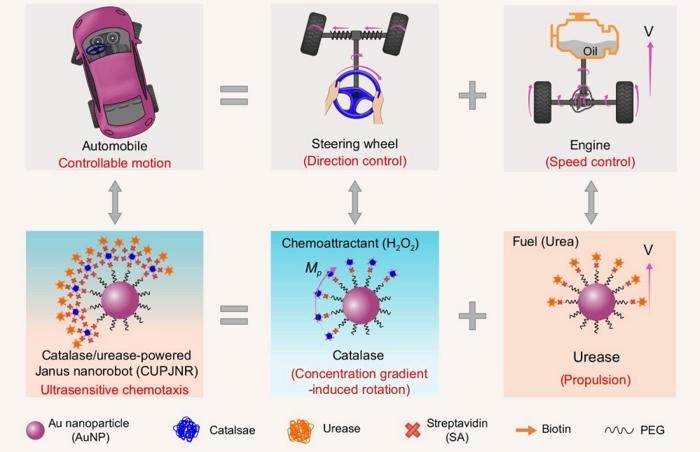Mobile C-arm Platform Enhances OR Performance
|
By HospiMedica International staff writers Posted on 26 Feb 2019 |
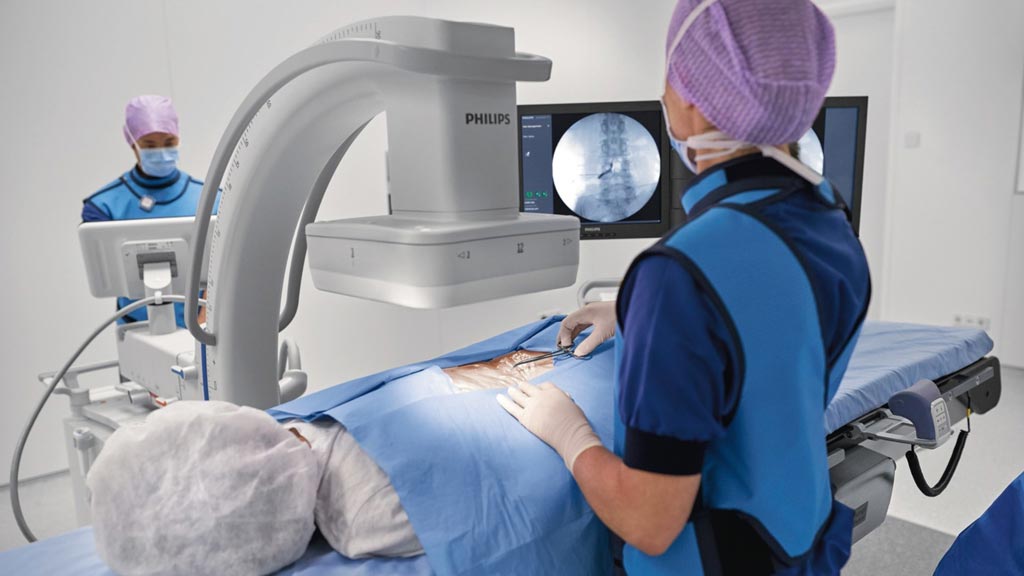
Image: The Zenition platform brings together innovations in image capture and processing (Photo courtesy of Philips Healthcare).
A novel mobile C-arm imaging platform provides live image guidance during a wide range of surgeries including orthopedic, trauma, and vascular procedures.
The Philips (Amsterdam, The Netherlands) Zenition mobile C-arm platform is designed to merge innovations in image capture and processing, ease-of-use, and versatility, allowing hospitals to maximize operating room (OR) performance and enhance clinical capabilities. Features include compact design, positioning memory, and BodySmart software, which captures fast, consistent images even at the edge of the image intensifier/flat panel detector (FPD), reducing the need for C-arm repositioning by 45%. Zenition mobile C-arms are also easy to move between ORs, simple to position around the patient, and intuitive to operate.
The Zenition C-arm system incorporates the same image processing algorithms used in the company's Azurion platform, offering high-definition visualization of patient anatomies, a greater viewing area, and crisp imaging thanks to Philips' MetalSmart software, which automatically adjusts the contrast and brightness of images to improve quality when metal objects, such as implants, are present in the field of view. Finally, a tablet-like user interface and simple unified workflow makes the system easy to operate, turning point-and-shoot image capture fast and intuitive during any interventional or surgical procedure.
“As patient numbers rise and procedures become more complex, equipment up-time, utilization, and usability become ever more important,” said Ronald Tabaksblat, business leader for image guided therapy systems at Philips. “Our new harmonized Zenition mobile C-arm platform offers the proven performance and ease of use needed for surgical teams to work with confidence and precision, now and in the future.”
“The Philips Zenition is a user-friendly system that's intuitive to use for both surgeons and nursing staff,” said cardiac surgeon Nikolaos Bonaros, MD, of the Medical University of Innsbruck. “Its simplified workflow means that we can convert a room from a conventional OR to a high-quality interventional room more quickly. At the same time the system provides high image quality at the level required for hybrid OR procedures.”
Mobile C-arm X-ray systems are used for a variety of diagnostic imaging and minimally invasive surgical procedures. Examples include visualizing kidney drainage, abdominal and thoracic aortic aneurysm repair, percutaneous valve replacements, cardiac and vascular surgery, gastroenterology, orthopedics, and pain management and neurology procedures.
The Philips (Amsterdam, The Netherlands) Zenition mobile C-arm platform is designed to merge innovations in image capture and processing, ease-of-use, and versatility, allowing hospitals to maximize operating room (OR) performance and enhance clinical capabilities. Features include compact design, positioning memory, and BodySmart software, which captures fast, consistent images even at the edge of the image intensifier/flat panel detector (FPD), reducing the need for C-arm repositioning by 45%. Zenition mobile C-arms are also easy to move between ORs, simple to position around the patient, and intuitive to operate.
The Zenition C-arm system incorporates the same image processing algorithms used in the company's Azurion platform, offering high-definition visualization of patient anatomies, a greater viewing area, and crisp imaging thanks to Philips' MetalSmart software, which automatically adjusts the contrast and brightness of images to improve quality when metal objects, such as implants, are present in the field of view. Finally, a tablet-like user interface and simple unified workflow makes the system easy to operate, turning point-and-shoot image capture fast and intuitive during any interventional or surgical procedure.
“As patient numbers rise and procedures become more complex, equipment up-time, utilization, and usability become ever more important,” said Ronald Tabaksblat, business leader for image guided therapy systems at Philips. “Our new harmonized Zenition mobile C-arm platform offers the proven performance and ease of use needed for surgical teams to work with confidence and precision, now and in the future.”
“The Philips Zenition is a user-friendly system that's intuitive to use for both surgeons and nursing staff,” said cardiac surgeon Nikolaos Bonaros, MD, of the Medical University of Innsbruck. “Its simplified workflow means that we can convert a room from a conventional OR to a high-quality interventional room more quickly. At the same time the system provides high image quality at the level required for hybrid OR procedures.”
Mobile C-arm X-ray systems are used for a variety of diagnostic imaging and minimally invasive surgical procedures. Examples include visualizing kidney drainage, abdominal and thoracic aortic aneurysm repair, percutaneous valve replacements, cardiac and vascular surgery, gastroenterology, orthopedics, and pain management and neurology procedures.
Latest Surgical Techniques News
- Ultrasound Device Offers Non-Invasive Treatment for Kidney Stones
- Light-Activated Tissue Adhesive Patch Achieves Rapid and Watertight Neurosurgical Sealing
- Minimally Invasive Coronary Artery Bypass Method Offers Safer Alternative to Open-Heart Surgery
- Injectable Breast ‘Implant’ Offers Alternative to Traditional Surgeries
- AI Detects Stomach Cancer Risk from Upper Endoscopic Images
- NIR Light Enables Powering and Communicating with Implantable Medical Devices
- Simple Bypass Protocol Improves Outcomes in Chronic Cerebral Occlusion
- Implantable Absorbable Sensor Detects Life-Threatening Complications After Intestinal Surgery
- New Study Findings Enable Improved Ventilation During Complex Lung Surgery
- 3D-Printed Blood Vessel Scaffolds Could Transform Heart Bypass Surgeries
- Novel Imaging Technique Helps View Blood Perfusion During Esophageal Surgery
- Minimally Invasive Surgery Proven Safe and Effective for Complex ‘Whipple’ Procedure
- Catheter-Based Procedures Offer Less Invasive Option for Treatment of Valvular Disease
- Laparoscopic Surgery Improves Outcomes for Severe Newborn Liver Disease
- Novel Endoscopy Technique Provides Access to Deep Lung Tumors
- New Study Findings Could Halve Number of Stent Procedures
Channels
Artificial Intelligence
view channelCritical Care
view channel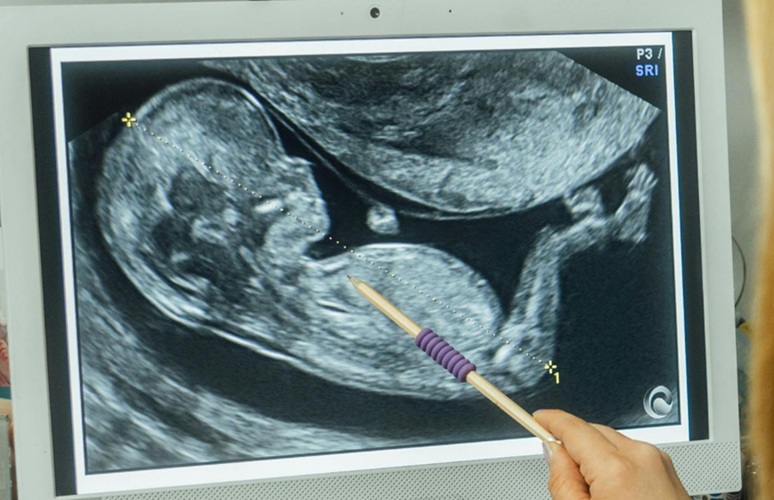
New Therapeutic Approach Marks Breakthrough in Pediatric Heart Disease
Left ventricular noncompaction (LVNC), often called spongy heart disease, is one of the most common pediatric cardiomyopathies and a major cause of early-onset heart failure. The condition arises when... Read more
AI Model Accurately Identifies Prediabetics Using Only ECG Data
Prediabetes is a silent metabolic condition that often goes undetected because it causes no obvious symptoms and typically requires blood tests for diagnosis. Low participation in routine health checkups... Read moreSurgical Techniques
view channel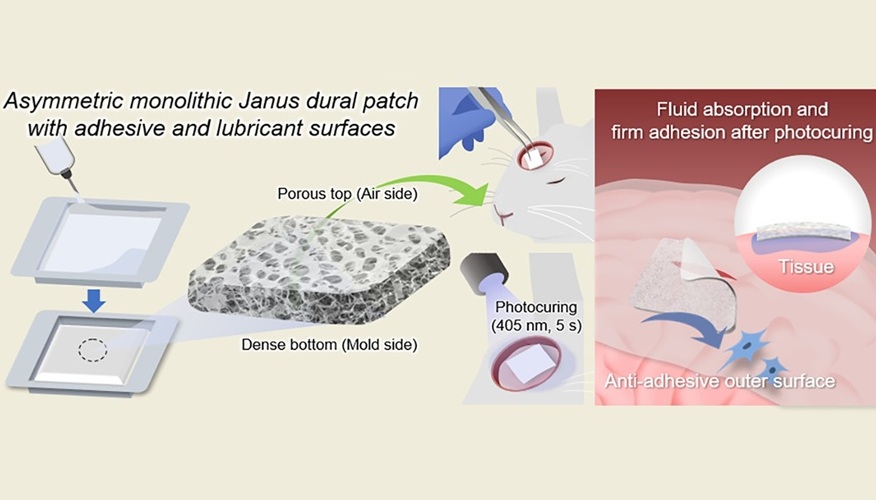
Light-Activated Tissue Adhesive Patch Achieves Rapid and Watertight Neurosurgical Sealing
Durotomy, a tear in the dura mater during neurosurgery, can lead to cerebrospinal fluid leakage, delayed healing, headaches, and serious infections. Achieving a reliable, watertight dural closure is therefore... Read more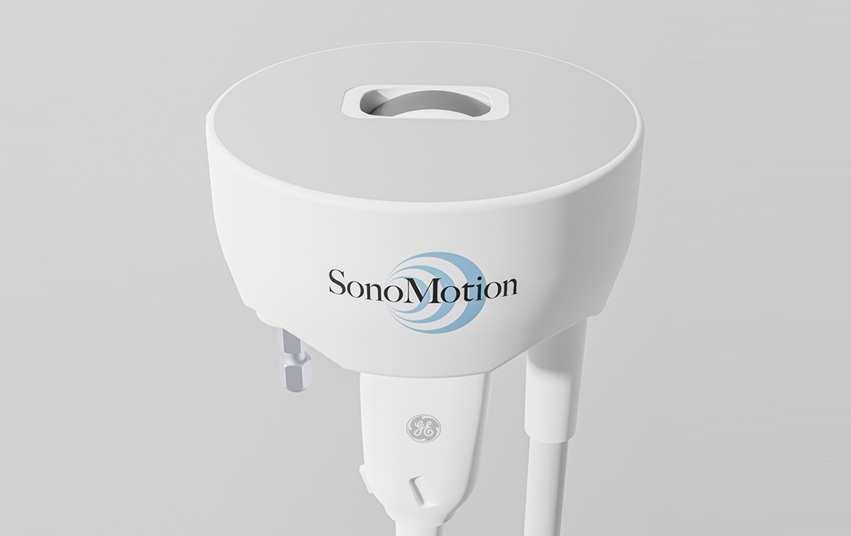
Ultrasound Device Offers Non-Invasive Treatment for Kidney Stones
The U.S. Food and Drug Administration has granted 510(k) clearance to SonoMotion’s Break Wave lithotripsy device, which fragments stones non-invasively with focused ultrasound and requires no anesthesia.... Read more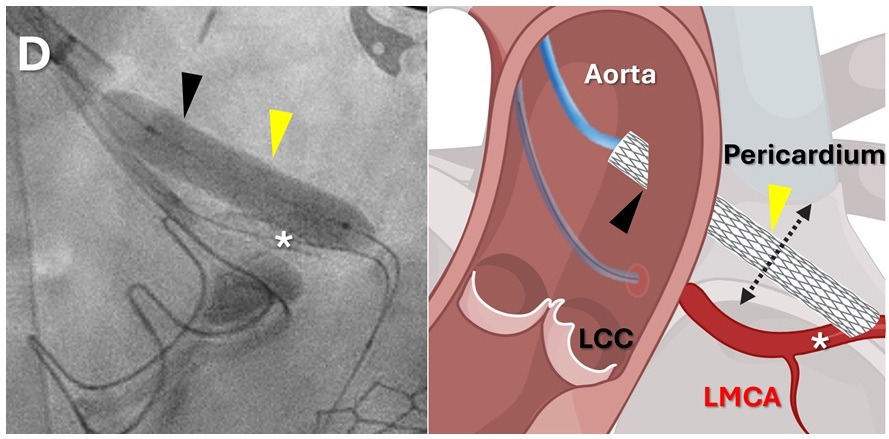
Minimally Invasive Coronary Artery Bypass Method Offers Safer Alternative to Open-Heart Surgery
Coronary artery obstruction is a rare but often fatal complication of heart-valve replacement, particularly in patients with complex anatomy or prior cardiac interventions. In such cases, traditional open-heart... Read morePatient Care
view channel
Revolutionary Automatic IV-Line Flushing Device to Enhance Infusion Care
More than 80% of in-hospital patients receive intravenous (IV) therapy. Every dose of IV medicine delivered in a small volume (<250 mL) infusion bag should be followed by subsequent flushing to ensure... Read more
VR Training Tool Combats Contamination of Portable Medical Equipment
Healthcare-associated infections (HAIs) impact one in every 31 patients, cause nearly 100,000 deaths each year, and cost USD 28.4 billion in direct medical expenses. Notably, up to 75% of these infections... Read more
Portable Biosensor Platform to Reduce Hospital-Acquired Infections
Approximately 4 million patients in the European Union acquire healthcare-associated infections (HAIs) or nosocomial infections each year, with around 37,000 deaths directly resulting from these infections,... Read moreFirst-Of-Its-Kind Portable Germicidal Light Technology Disinfects High-Touch Clinical Surfaces in Seconds
Reducing healthcare-acquired infections (HAIs) remains a pressing issue within global healthcare systems. In the United States alone, 1.7 million patients contract HAIs annually, leading to approximately... Read moreHealth IT
view channel
EMR-Based Tool Predicts Graft Failure After Kidney Transplant
Kidney transplantation offers patients with end-stage kidney disease longer survival and better quality of life than dialysis, yet graft failure remains a major challenge. Although a successful transplant... Read more
Printable Molecule-Selective Nanoparticles Enable Mass Production of Wearable Biosensors
The future of medicine is likely to focus on the personalization of healthcare—understanding exactly what an individual requires and delivering the appropriate combination of nutrients, metabolites, and... Read moreBusiness
view channel
WHX in Dubai (formerly Arab Health) to bring together key UAE government entities during the groundbreaking 2026 edition
World Health Expo (WHX), formerly Arab Health, will bring together the UAE’s health authorities and leading healthcare sector bodies when the exhibition debuts at the Dubai Exhibition Centre (DEC) from... Read more
Interoperability Push Fuels Surge in Healthcare IT Market
Hospitals still struggle to reconcile data scattered across electronic health records, laboratory systems, and billing platforms, undermining care coordination and operational efficiency.... Read more













